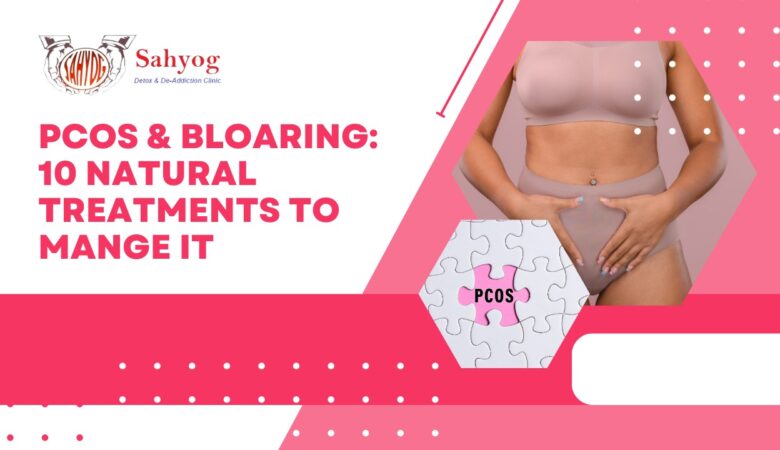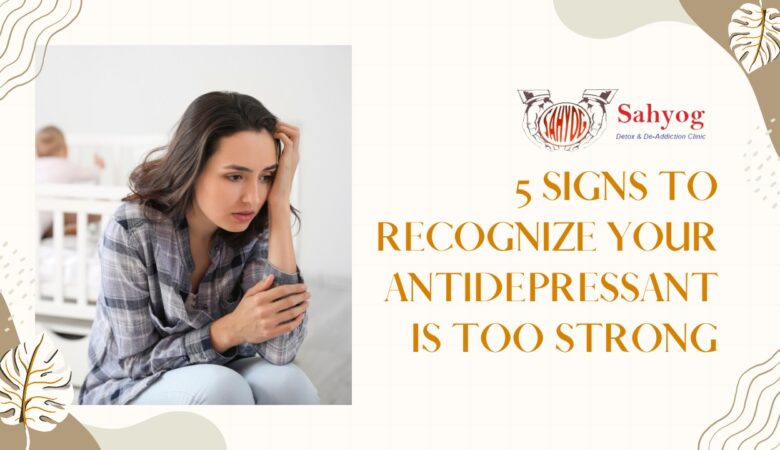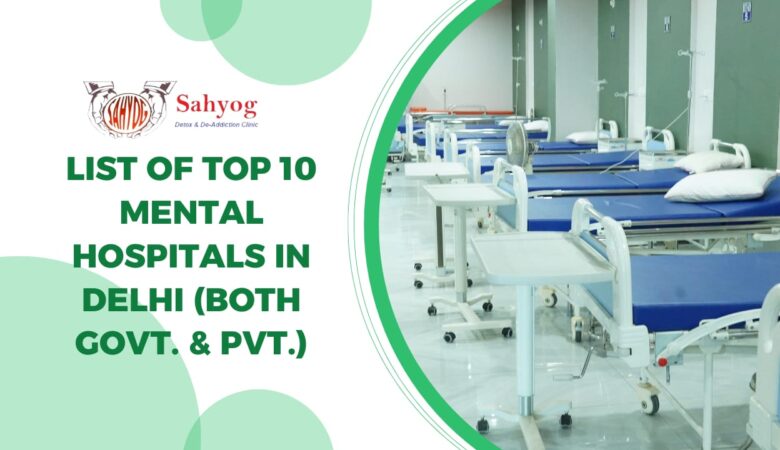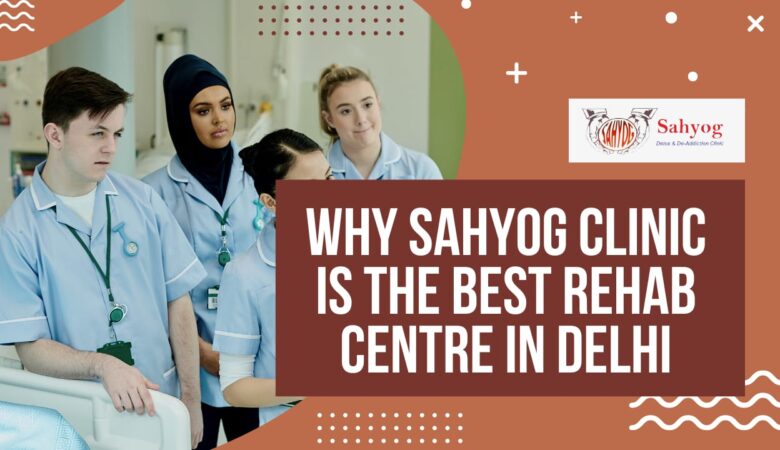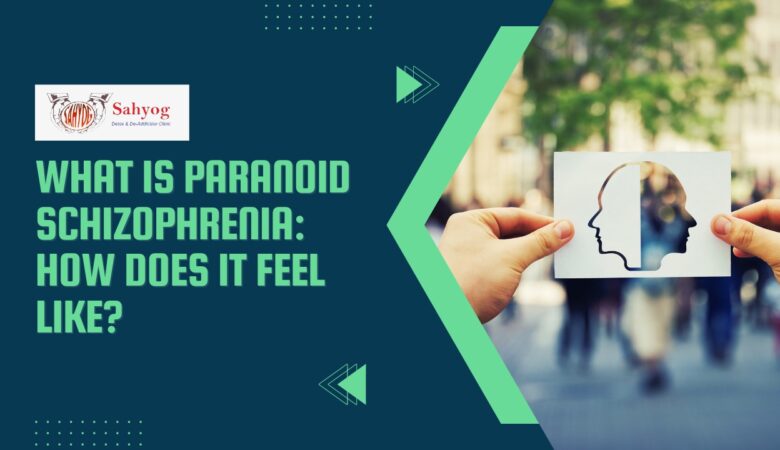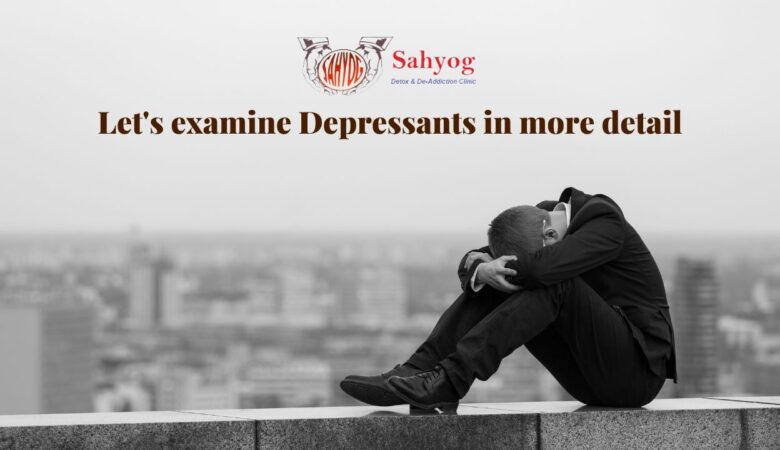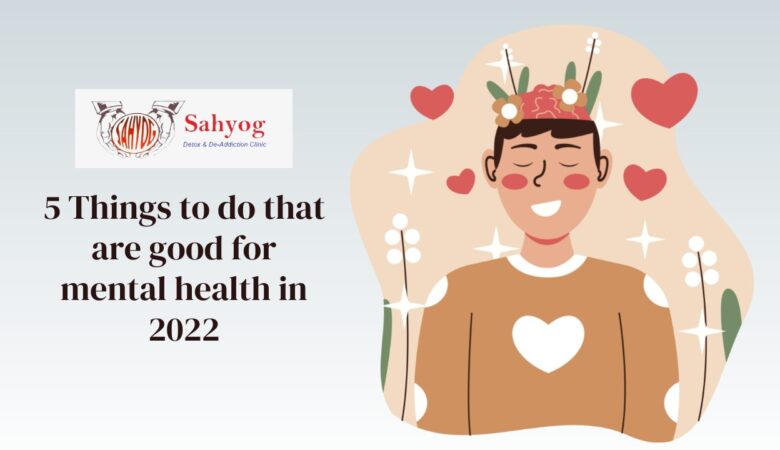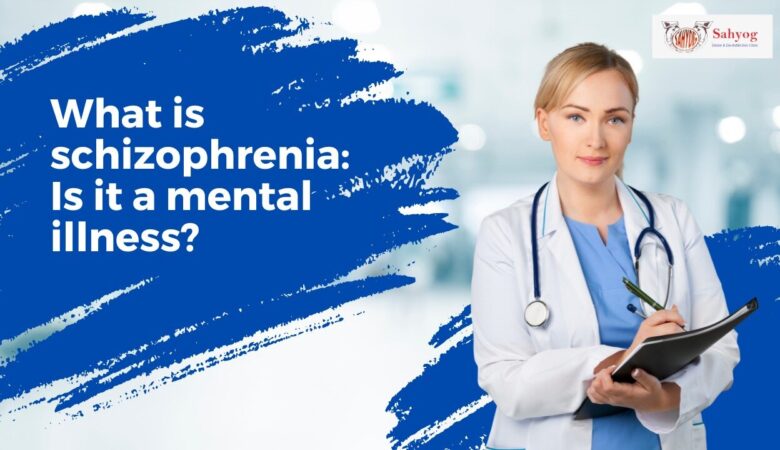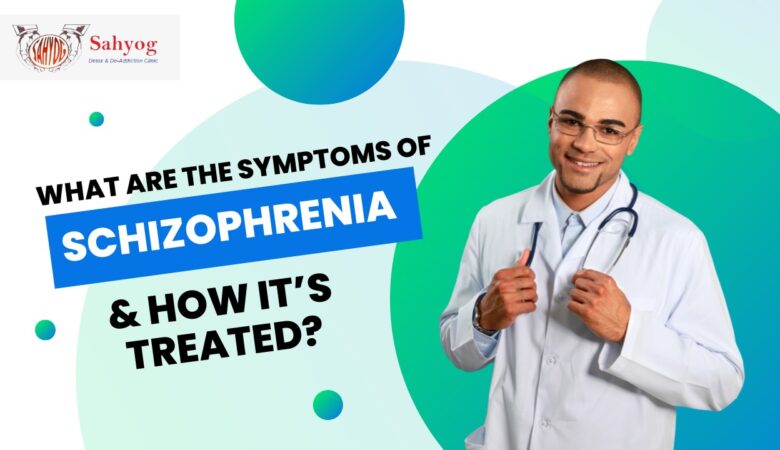PCOS and Bloating: 10 natural treatments to manage it
PCOS is characterized by irregular menstrual cycles, high levels of androgens (male hormones), and the growth of cysts on the ovaries. Bloating is a common symptom experienced by women with PCOS and can be both physically and emotionally distressing. Bloating is a common symptom associated with PCOS and can have a significant impact on a woman’s quality of life. In this article, we will explore 10 natural treatments for managing bloating caused by PCOS. 1. Eating a Low-Glycemic Index Diet The glycemic index (GI) is a measure of how quickly a food raises blood sugar levels. High-GI foods cause rapid spikes in blood sugar, leading to insulin resistance and increased production of androgens. This can lead to bloating and other symptoms of PCOS. To reduce bloating, it is recommended to follow a low-GI diet, which focuses on eating foods that release sugar slowly into the bloodstream, such as fiber-rich fruits, vegetables, and whole grains. By following a low-GI diet that focuses on fiber-rich foods, such as fruits, vegetables, and whole grains, you can help regulate blood sugar levels and reduce bloating. 2. Incorporating Probiotics Probiotics are live microorganisms that can help improve gut health and reduce bloating. Research suggests that consuming probiotics regularly can improve symptoms of PCOS, such as bloating, constipation, and diarrhea. Probiotics can be found in fermented foods like yogurt, kefir, and sauerkraut, or in supplement form. You can find probiotics in fermented foods like yogurt, kefir, and sauerkraut, as well as in supplement form. 3. Limiting Processed Foods and Refined Carbohydrates Processed foods and refined carbohydrates are known to cause bloating and other digestive issues. They can also increase insulin resistance and exacerbate PCOS symptoms. To reduce bloating, it is recommended to limit your intake of these foods and instead focus on eating whole, unprocessed foods. To reduce bloating, it is important to limit your intake of these foods and focus on eating whole, unprocessed foods instead. 4. Eating a High-Fiber Diet Fiber helps regulate digestion and can reduce bloating by preventing constipation. Women with PCOS are often advised to eat a high-fiber diet to manage their symptoms. Good sources of fiber include fruits, vegetables, whole grains, legumes, and nuts. 5. Drinking Plenty of Water Drinking plenty of water can help flush out excess salt and prevent dehydration, both of which can contribute to bloating. Aim to drink at least 8 glasses of water per day to reduce bloating and improve overall hydration. Aim to drink at least 8 glasses of water per day to reduce bloating and improve overall hydration. 6. Limiting Salt Intake Excessive salt intake can lead to water retention and contribute to bloating. To reduce bloating, it is recommended to limit your salt intake and choose low-sodium foods whenever possible. You can also use herbs and spices to add flavor to your food instead of salt. 7. Practicing Stress Management Stress can trigger the release of cortisol, a hormone that can contribute to bloating and other symptoms of PCOS. To reduce bloating, it is important to practice stress management techniques, such as deep breathing, meditation, and yoga. 8. Engaging in Regular Exercise Physical activity can help improve digestive function and reduce bloating. Aim to engage in at least 30 minutes of moderate-intensity exercise, such as brisk walking, most days of the week. 9. Taking Supplements for Bloating There are several supplements that may help reduce bloating and other digestive symptoms. Some popular options include ginger, peppermint, fennel, and chamomile. 10. Consulting a Healthcare Professional If you are experiencing persistent bloating or other symptoms of PCOS, it is important to consult a healthcare professional. Your doctor can help diagnose the underlying cause of your symptoms and recommend an appropriate treatment plan. They may also refer you to a specialist, such as a gynecologist or a dietitian, for further evaluation and support. In addition to the above natural treatments, there are also prescription medications that can help manage the symptoms of PCOS. For example, birth control pills can help regulate menstrual cycles and reduce the production of male hormones, while metformin can improve insulin sensitivity and lower blood sugar levels. However, these medications may have side effects and should only be used under the supervision of a healthcare professional. A combination of lifestyle changes and medical support may be necessary to effectively manage the symptoms of PCOS. Polycystic ovary syndrome (PCOS) is a common hormonal disorder that can cause a range of symptoms, including bloating. While there is no cure for PCOS, there are several natural treatments that can help manage the symptoms, including bloating. Some of these treatments include eating a low-glycemic index diet, limiting processed foods, incorporating probiotics into your diet, drinking plenty of water, eating more fiber, reducing salt intake, practicing stress management techniques, engaging in regular physical activity, taking supplements for bloating, and consulting a healthcare professional. Some kitchen items that are proven saviors: Ginger: Ginger has anti-inflammatory properties and can help improve digestion, reducing bloating in individuals with PCOS. Peppermint: Peppermint has been shown to relax the muscles of the digestive tract, reducing bloating and improving digestion. Fennel: Fennel has been used for centuries to improve digestive function and reduce bloating. It can be consumed as a tea or in its seed form. Lemon water: Starting the day with a glass of warm lemon water can help flush out toxins and improve digestion, reducing bloating in individuals with PCOS. Apple cider vinegar: Apple cider vinegar has been shown to help regulate blood sugar levels and improve digestion, reducing bloating in individuals with PCOS. Another factor to be consider is stress. Stress can worsen symptoms of PCOS, including bloating. Engaging in stress-reducing activities such as yoga, meditation, or deep breathing can help reduce symptoms. Regular exercise can help regulate hormones, reduce stress, and improve digestion, all of which can help reduce bloating in individuals with PCOS. Frequently Asked Questions (FAQs) Q1. What causes PCOS? The exact cause of PCOS is unknown, but it is believed to be related to
